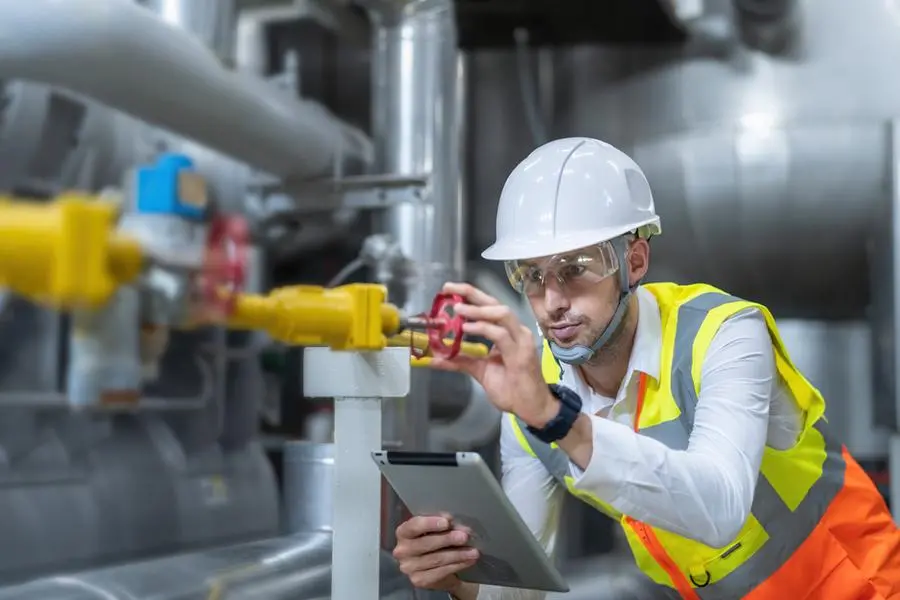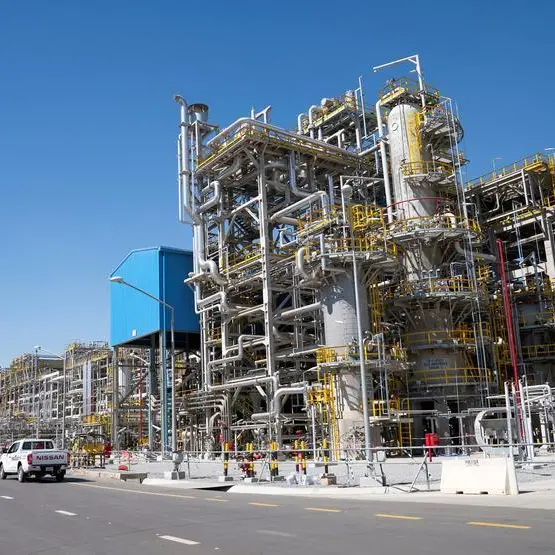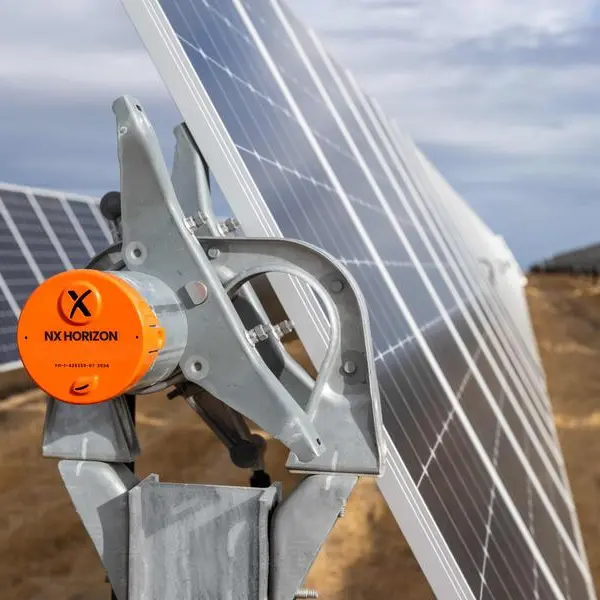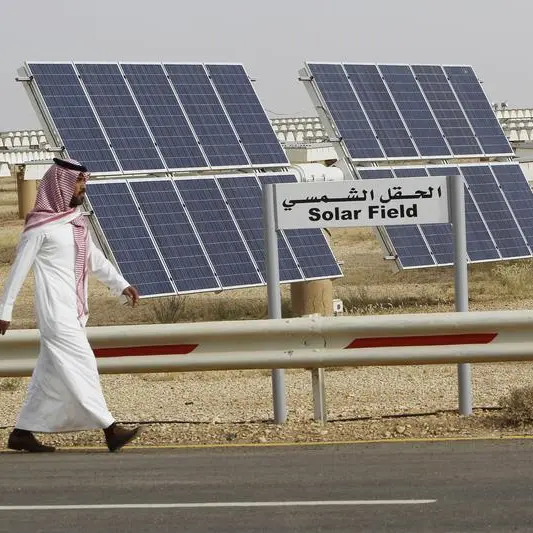PHOTO
Germany-based GROHE is working closely with all its regional partners to implement water-saving technologies across key residential and commercial projects, Fawzi Dernaika, company Leader - KSA, MENA, LIXIL EMENA, told Zawya Projects.
The plumbing fixtures manufacturer is also working with regional stakeholders on innovations to reduce water leakage and consumption since water-saving technologies in mega projects are critical.
“We are working with regional stakeholders to develop these at scale across several key infrastructure projects and are on our way to achieve water security.”
Dernaika said that the GCC countries must maintain a nexus approach to water management, keep a check on the cost of water and its availability to the private sector, as well as achieve regional cooperation rather than work towards this issue individually.
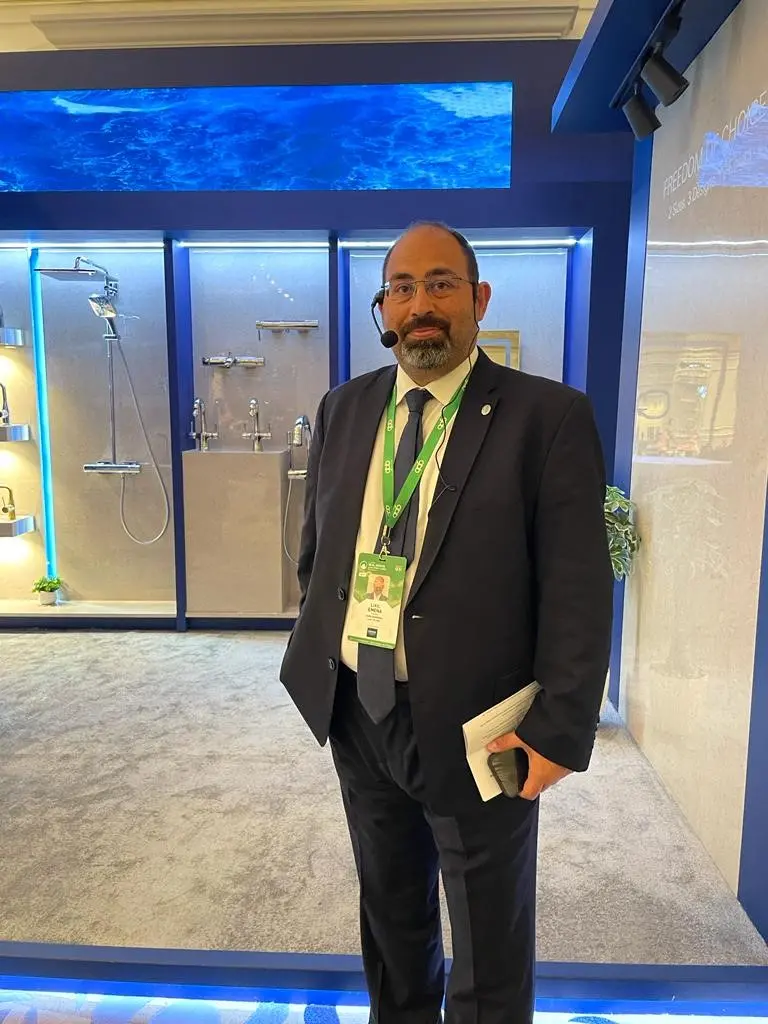

Here are the excerpts from the interview:
What are the new sustainability trends in architecture and design in the GCC?
Sustainability features very prominently on the national agenda of many GCC countries as they diversify their economies and explore cleaner solutions in infrastructure, public transport and architecture and design. We are seeing a shift to more local and sustainably sourced materials, water and energy conservation, and other measures that facilitate green building design.
LIXIL and its brand GROHE have been pioneering sustainability to strengthen our profitability, supply chain, agility, and resilience in the region. We see significant opportunities to make greater contributions to climate change mitigation through our business operations, products, and services. We work closely with architects and designers in the GCC to ensure that we deliver our extensive range of solutions when required.
How do you see mega projects in Saudi Arabia driving sustainability?
In Saudi Arabia, there is tremendous growth potential in key projects in hospitality, entertainment and religious pilgrimage infrastructure in the next five years.
NEOM has more than 15 hotels slated to open between 2023 and 2025, AlUla is expected to roll out 5,000 hotel rooms by 2035, and Makkah and Madina are also anticipating 40,000 new rooms each by 2030 to support the booming religious tourism industry.
Saudi Arabia has outlined key objectives in its Vision 2030 to reach net zero by 2060 through new energy and water-conserving technologies investments. Water conservation is critical as the demand for water is predicted to further increase significantly. These insights drive our vision to ensure sustainable and responsible water consumption.
What is the role of water-saving technologies in mega projects in the region?
Water-saving technologies in mega projects are critical, and as a global leader, GROHE focuses on innovations to reduce water leakage and consumption. We are working with regional stakeholders to develop these at scale across several key infrastructure projects and are on our way to achieve water security.
Water-saving technologies which increase water efficiency, such as GROHE’s EcoJoy, reduce water flow from 10 litres per minute to just five, cutting each household’s annual water consumption by approximately 31,000 litres.
What are your recommendations for these mega projects for water conservation?
Globally, every government needs to work towards shifting water management systems from a linear model of use and disposal to a circular model. This envisages more greywater recycling, sewage treatment plants and desalination facilities, as well as diversification of water resources.
We believe it is crucial for the GCC countries to maintain a nexus approach to water management, keep a check on the cost of water and its availability to the private sector, as well as achieve regional cooperation rather than work towards this issue individually. This will be crucial for mega projects in the GCC to achieve the sustainability goals outlined in the national agenda.
What is the business impact of sustainability on the regional AEC industry?
AEC is one of the biggest economic opportunities, fuelling cost savings and economic development. The GCC is on the cusp of renewed growth due to economic diversification. This has accelerated activity for several key infrastructure projects to fulfil their economic agendas in the next 10 years.
These investments are creating a new wave of urbanisation driven by modern technology and eco-conscious construction and building design. There is a tremendous opportunity for innovation in key business sectors, including infrastructure, to feed this demand and generate employment.
Can you share GROHE’s regional expansion and business outlook for 2023?
The global sanitaryware market is moving towards smart tech, which offers comfort, hygiene and convenience. As the global demand for commercial and residential real estate grows, along with government-led efforts to improve hygiene and sanitation standards, there are ample growth opportunities for the sanitaryware market. There’s a definite trend towards more luxurious sanitaryware.
Health and hygiene are no longer perceived as utilitarian, especially after the COVID-19 pandemic. This has propelled the sanitaryware market to adopt new technologies and cater to this demand. We are committed to working with our regional partners in 2023 to deliver seamless and sustainable designs to support their growth ambitions.
How are you working on achieving a net-zero environmental footprint by 2030?
We continue to work with our regional partners to implement various water and energy-saving measures as part of LIXIL’s three strategic pillars in connection to the UN Sustainable Development Goals. These are based on global sanitation and hygiene, water conservation and environmental sustainability and diversity and inclusion.
By 2025, we are committed to improving the livelihood of 100 million people through sanitation and hygiene initiatives. We are also committed to achieving net-zero carbon emissions by 2050 by preserving water and natural resources in operations and through innovative housing and lifestyle solutions for future generations to become a leading company in environmental sustainability.
We are also actively engaged in innovative design thinking to reduce the consumption of bottled water in single-use plastic. We developed the GROHE Blue water system to help customers pivot away from bottled water by delivering filtered still or sparkling water directly from the tap in homes and offices.
Our design and research and development (R&D) teams constantly challenge themselves to devise new solutions that bring together both water enjoyment and efficiency.
(Reporting by P Deol; Editing by Anoop Menon)
